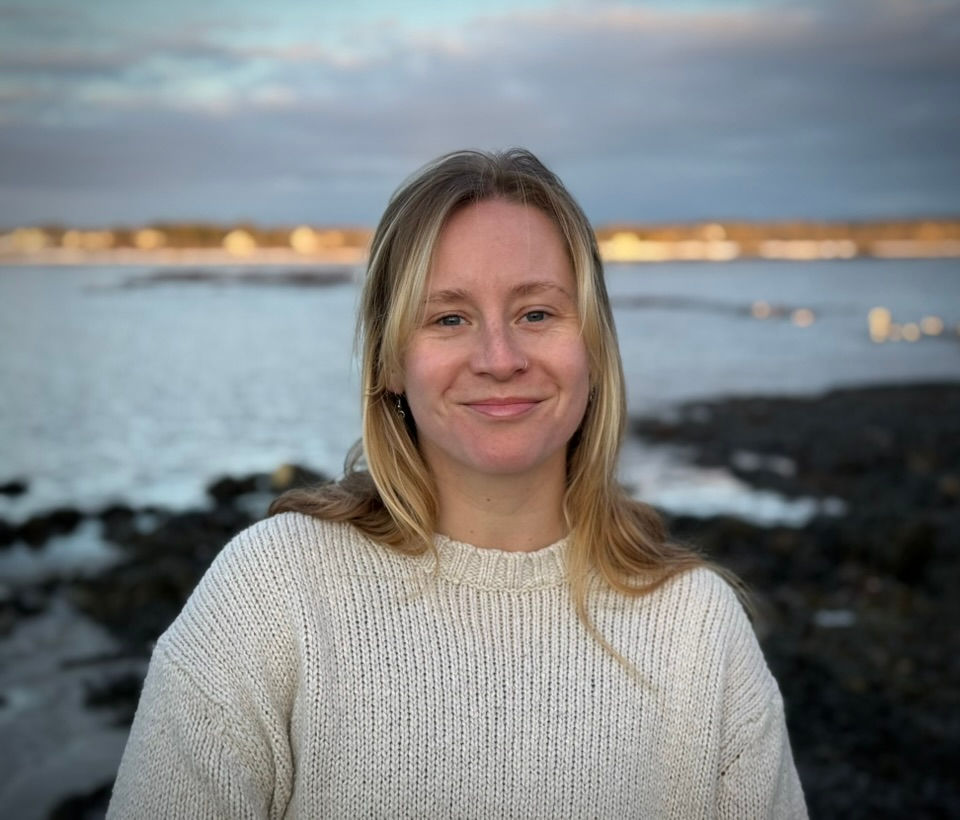In Response to The Lobster Trap
- Monique Coombs

- Dec 20, 2021
- 2 min read
Updated: Jan 13, 2022
The Portland Press Herald and Boston Globe partnered on a series of articles last week titled “The Lobster Trap”. For those who haven’t read the articles, you can take a look HERE, but in summary, the articles used the stories and experiences of fishermen from Vinalhaven, Maine to write about climate change, with the takeaway being fishermen and the community of Vinalhaven are “trapped” because of their reliance on lobster as an economic driver. Unfortunately, rather than creating a piece that put the fishermen at the heart of the story, it portrayed fishermen in a way that diminished and dehumanized their roles as food harvesters and conservationists.
“I’m not very happy with how this article portrays us,” Johnny McCarthy said in a recent Facebook post. Johnny’s story was one that was featured in the Press Herald article. “The article is nothing like I thought it was going to be based on the issues I was being asked about. It was supposed to be an article to get the general public to see how much the newest round of whale rules is going to affect the industry and to try to highlight that they actually affect real people.”

The Maine Coast Fishermen’s Association is also not very pleased with how the article portrayed fishermen. As an organization whose mission is to restore the fisheries in the Gulf of Maine and sustain Maine’s fishing communities for future generations, we were disappointed in the lack of nuance and myopic perspective shared by the authors. MCFA felt that the ways in which the authors portrayed the fishermen on Vinalhaven suggested a way of life that was outdated, disappearing, and not worth saving. We felt this portrayal did a disservice to all the fishermen who are working tirelessly to make things better and advocate for the future of their industry.
In the conclusion to the series, the Press Herald put together “Seven Key Takeaways” and not one of these takeaways was about the people whose stories were used. Fishermen and fishing communities deserve better, and this series failed to acknowledge that all these changes and threats create stress, anxiety, and fear.
"Changes in the industry, whether it’s ropeless gear or industrial development in the Gulf of Maine, cannot continue to happen in a silo while disregarding the threat to the well-being of fishermen."
From Maine Voices: We need more awareness of mental health stresses on Maine's fishermen
Read the op-ed from the MCFA and NAMI Maine HERE.
The commercial fishing industry and the current threats facing the industry including offshore wind development and whale rules are incredibly complex and nuanced. It has been difficult to meaningfully include fishermen’s perspectives more publically regarding these topics because we are relying on journalists to capture our stories. While stress in other industries, such as agriculture, is generally recognized and acknowledged, few in the general populace are aware of the mounting stressors of making a living in commercial fishing. Without journalists' attention to the plight of fishermen, there is little hope for impacting policy or providing much-needed resources.
From other fishing industry organizations
Maine Lobstermen's Association: Maine lobstermen are committed to protecting our ocean (Portland Press Herald, 1/9/2022)
Maine Voices: Lobstermen want to follow science to protect environment, iconic industry (Portland Press Herald, 1/13/2022)
Together, we persevere.





Comments